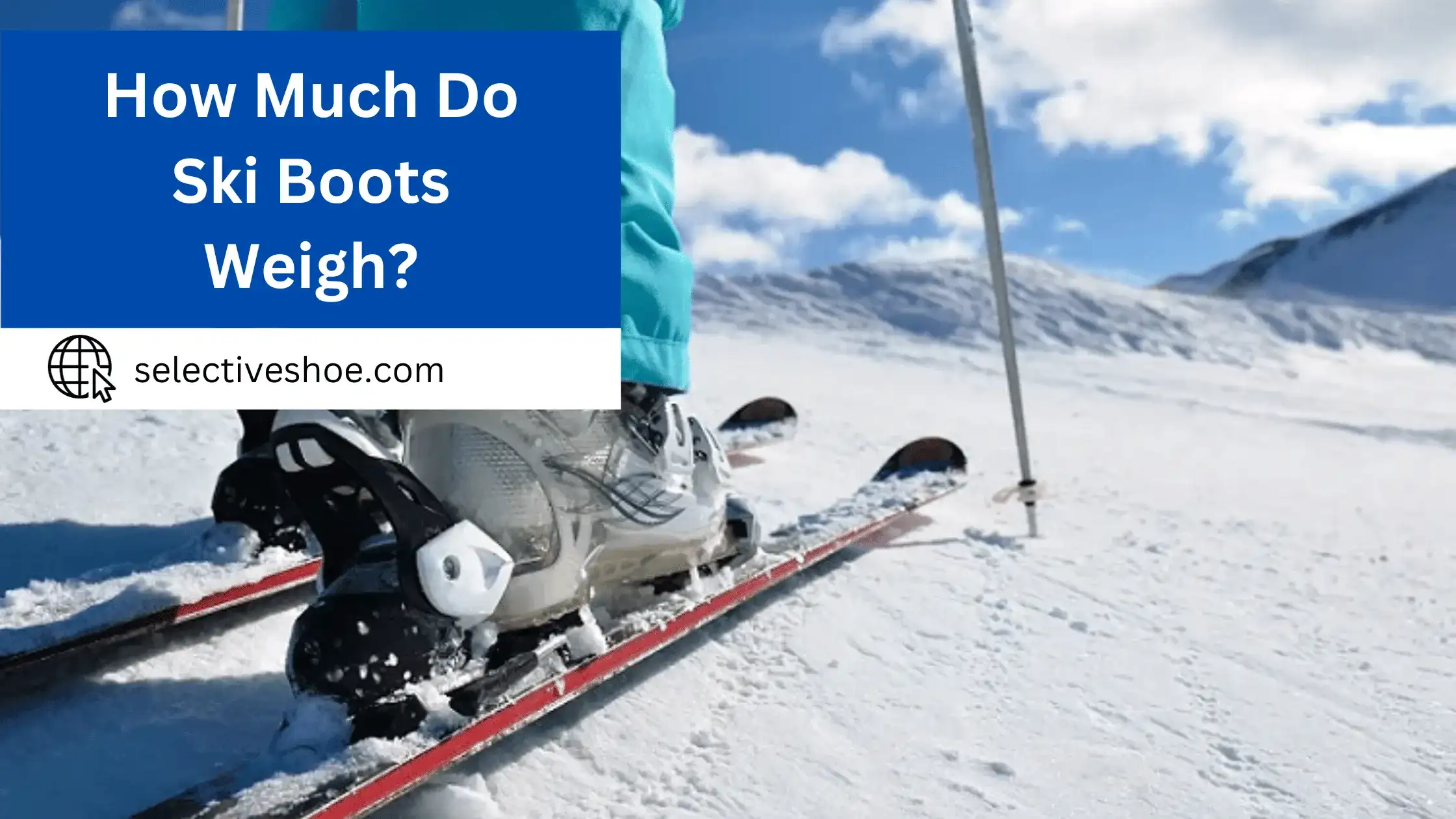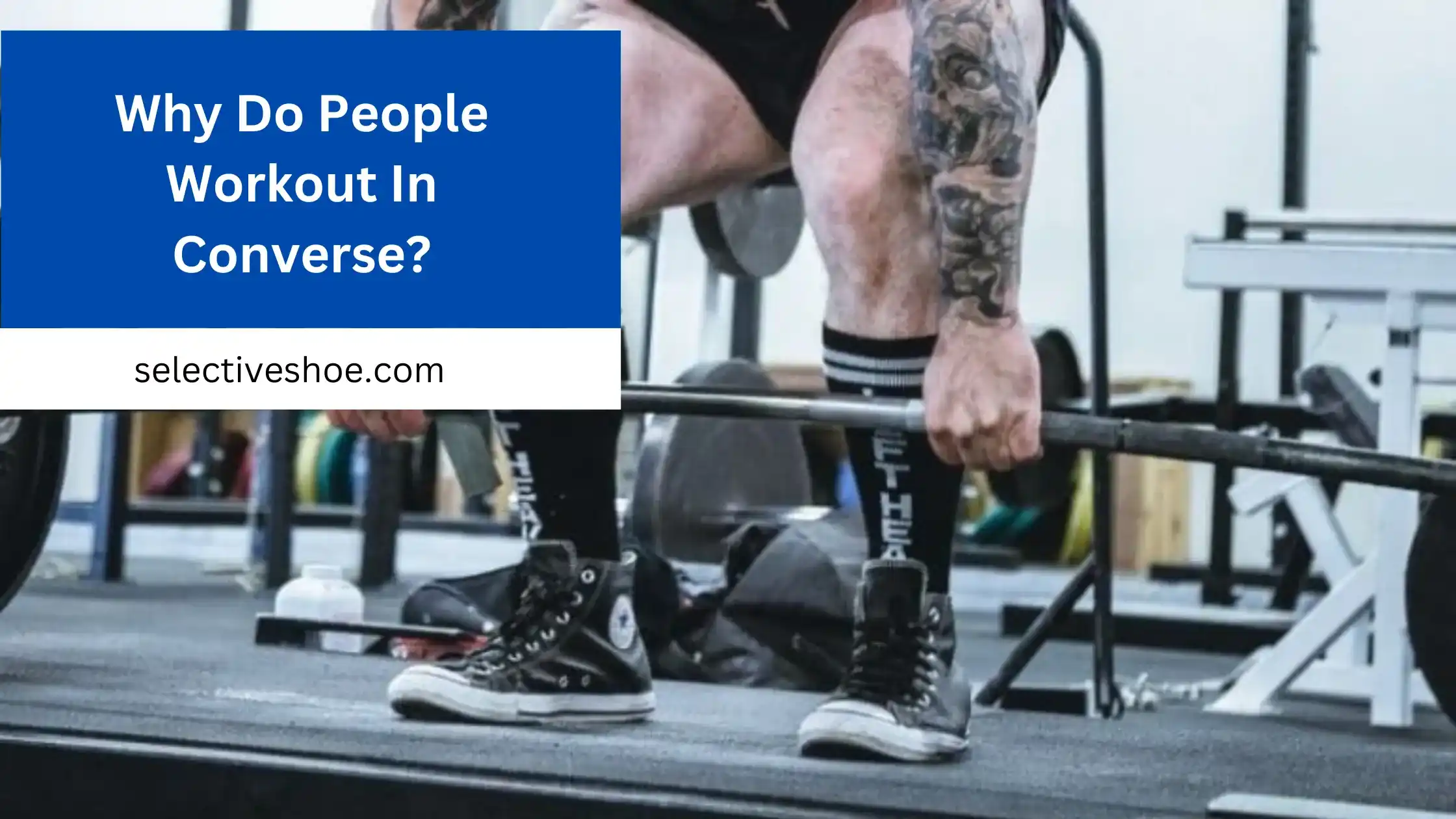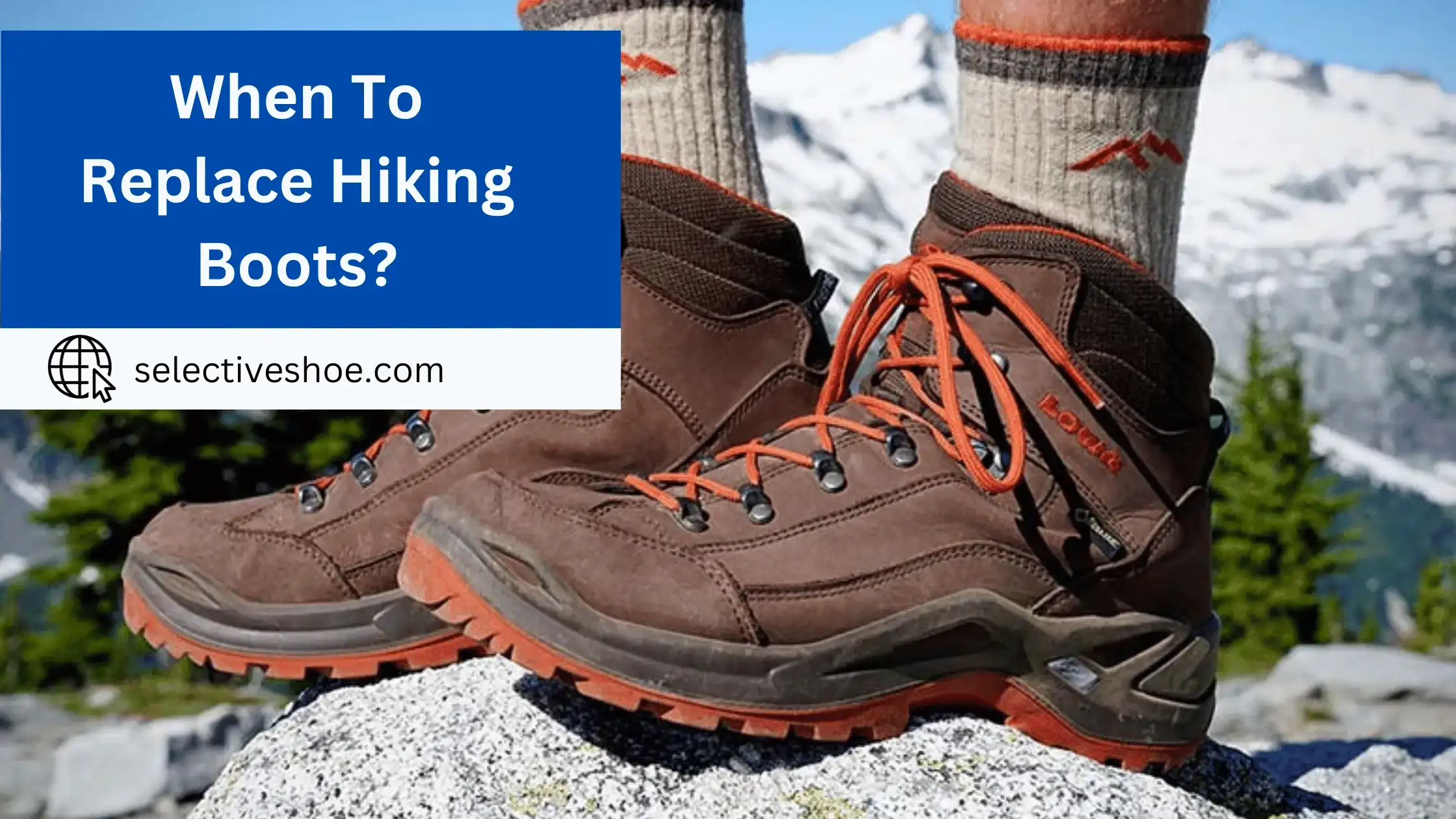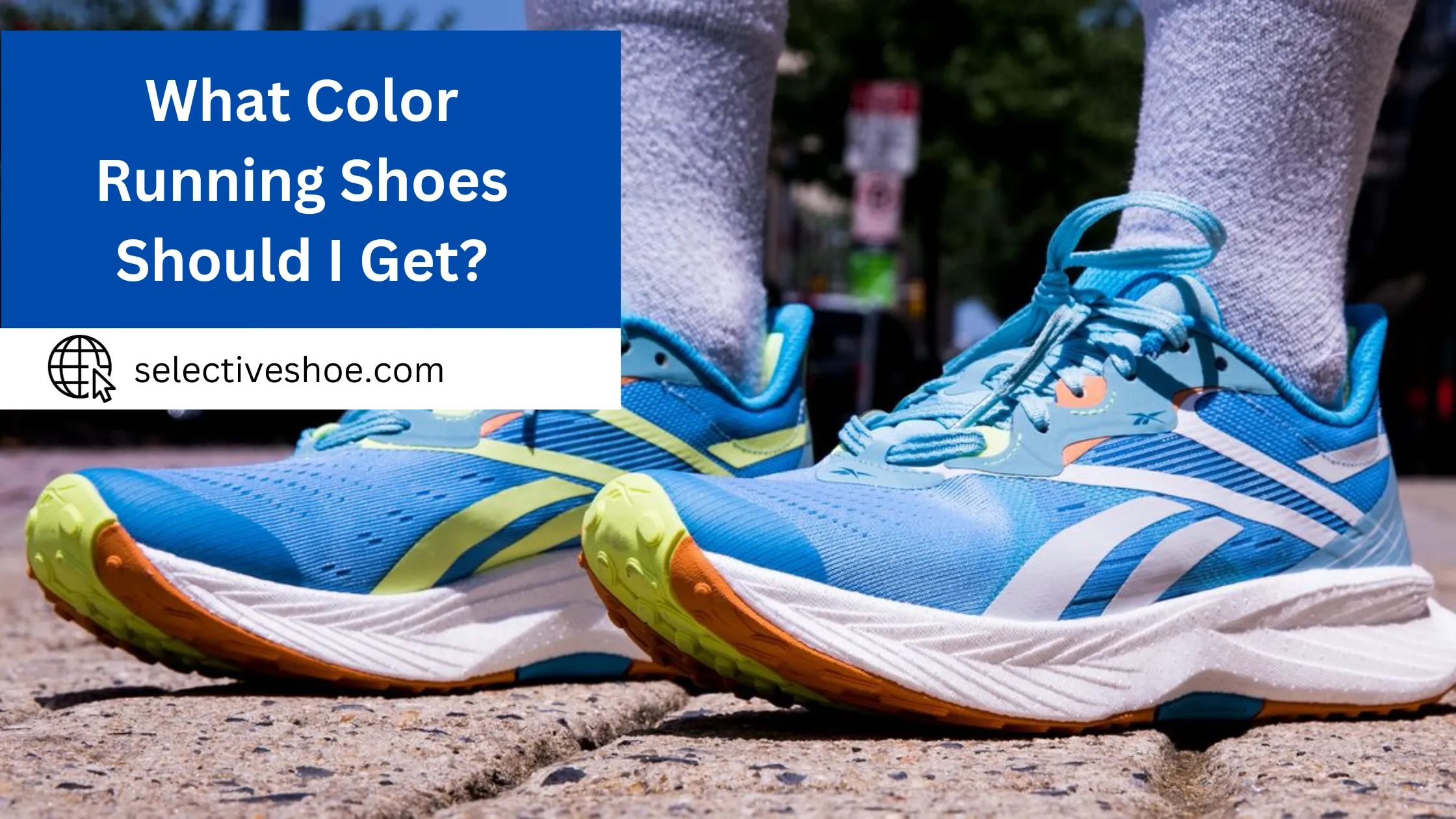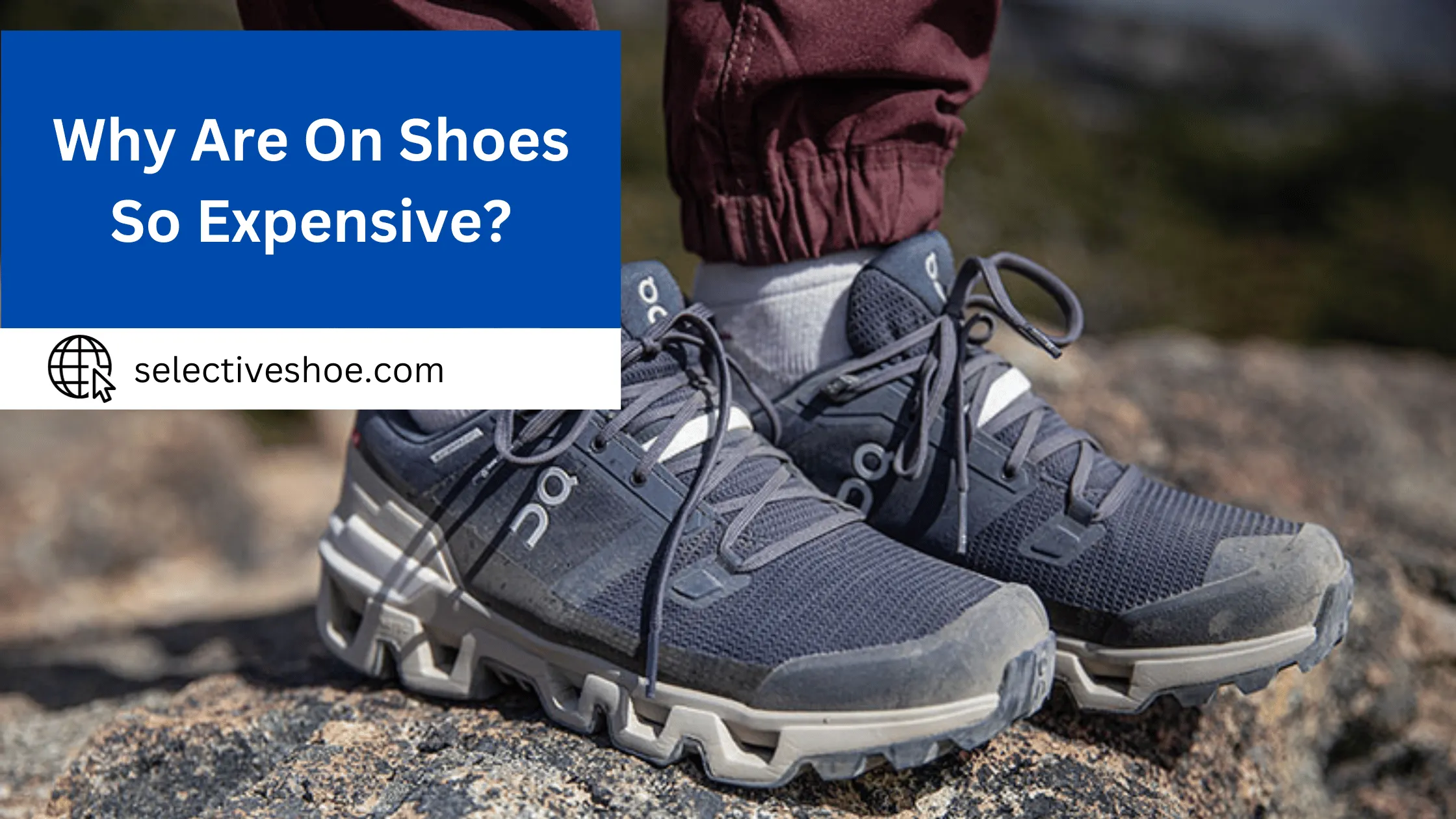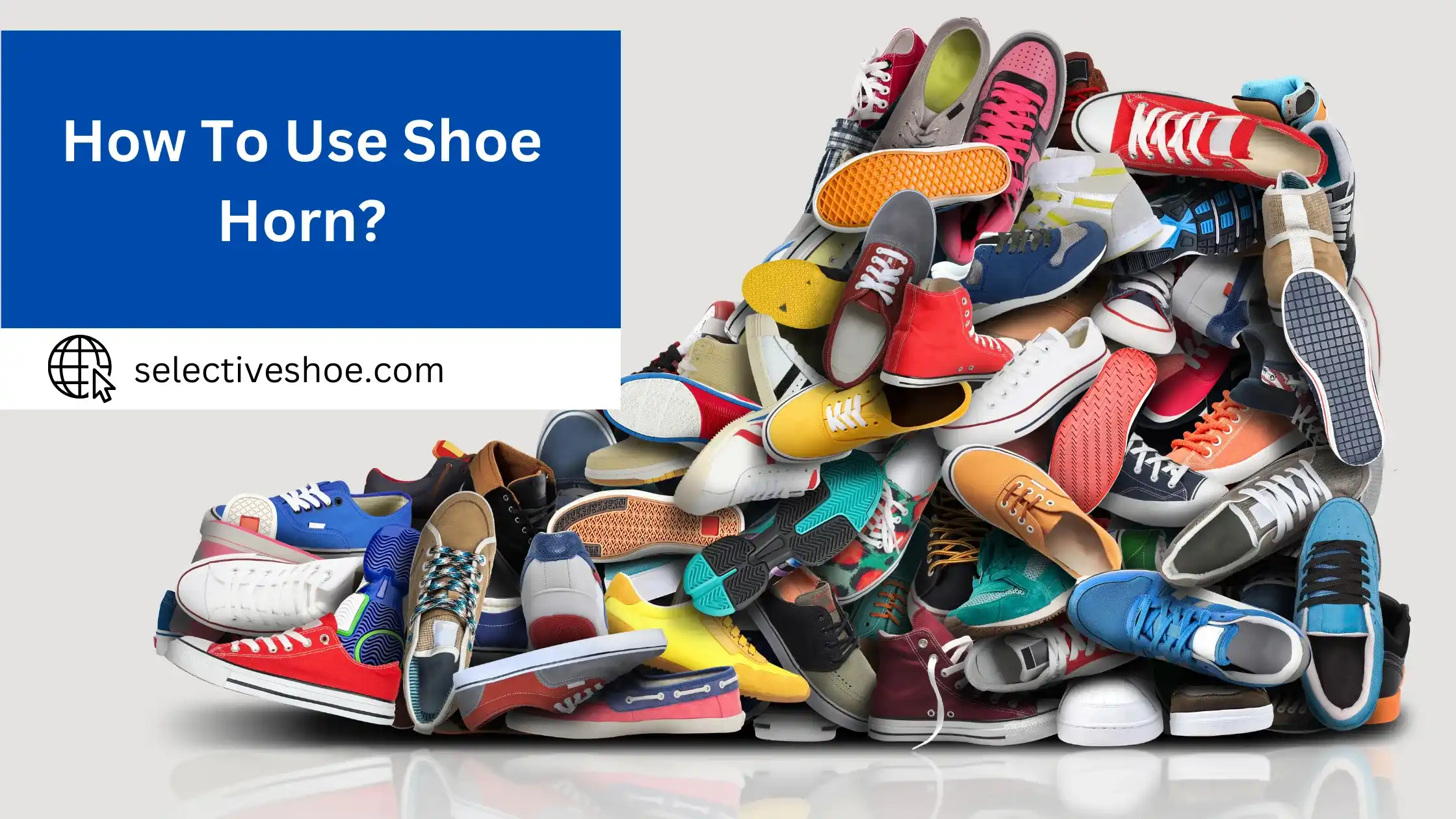It’s no secret that hiking and skiing down the slopes is a fantastic afternoon. But before you hit the slopes, it’s essential to be prepared with all of your ski gear and boots included!
Buying ski boots can seem daunting for even experienced athletes, so let me help make it easier: today, I will explore how much they weigh and why they matter. With personal experience on this topic and through my research, I will share relevant information about what skiers should know when selecting their next pair of boots.
Typical Weight Range Of Ski Boots:
Working in a ski shop and hitting the slopes whenever possible has made me intimately familiar with the differences in ski boot designs and their impact on skiing experiences.
Lightweight Ski Boots:
Typical Weight Range:
Lightweight ski boots usually weigh between 1500 to 1800 grams per boot.
Characteristics:
These boots are often favored by backcountry skiers and those who prioritize maneuverability and comfort over aggressive downhill performance.
Personal Experience:
I once used a pair of ultra-lightweight boots for a backcountry skiing trip. The reduced weight made uphill climbs significantly easier, though I sacrificed some control on the descents.
Mid-Weight Ski Boots:
Typical Weight Range:
Mid-weight ski boots generally weigh from 1800 to 2200 grams per boot.
Characteristics:
These balance control and comfort are suitable for a wide range of skiers, from intermediate to advanced skiing in varied conditions.
Personal Experience:
I often recommend mid-weight boots to my clients looking for versatile boots. They provide a good balance of performance and comfort for all-day skiing.
Heavyweight Ski Boots:
Typical Weight Range:
Heavyweight ski boots can weigh over 2200 grams per boot.
Characteristics:
Designed for advanced to expert skiers, these boots offer maximum control and power transfer, ideal for aggressive skiing and challenging terrains.
Personal Experience:
I recall using heavyweight boots during a particularly challenging alpine skiing excursion. The control on high-speed descents was unparalleled, but the added weight was noticeable, especially on longer days.
Factors Affecting The Weight Of Ski Boots:
I have always been an avid skier, and one thing that I have noticed is that the weight of ski boots can greatly affect one’s ski performance. Here are some of the factors that can affect the weight of ski boots:
Material Construction:
The materials used in ski boots play a significant role in their weight. Traditional boots made from heavier plastics tend to be more robust but heavier. I noticed a considerable difference when I switched to boots made from newer, lighter materials like carbon fiber or advanced polymers.
Boot Size And Design:
Naturally, larger boot sizes weigh more. Additionally, the design of the boot, including the thickness of the shell and the liner’s material, can add to the weight. I once had a pair with extra padding for comfort, which, while cozy, added noticeable weight.
Buckles And Additional Features:
The number and type of buckles, along with other features like walk mode switches, can affect weight. Boots designed for aggressive skiing often have more buckles and reinforcements, making them heavier. I remember choosing a boot with fewer buckles for a lighter feel, which improved my agility.
Insulation Properties:
Boots with better insulation are typically heavier due to the extra padding and materials. While skiing in colder regions, I opted for boots with more insulation, which were heavier but necessary for warmth.
Binding Compatibility:
The type of binding the boot is designed to work with can also influence its weight. Alpine touring boots, which need to be compatible with both downhill and touring bindings, often have additional components, making them heavier.
Comparison With Other Types of Footwear:
When comparing different types of footwear, it’s essential to consider factors like comfort, durability, purpose, and support. My experiences across various activities, from hiking to running and casual wear, have given me insights into how different footwear performs in multiple scenarios.
Ski Boots vs. Hiking Boots:
Purpose And Design:
Ski boots are designed for skiing, providing the ankle support and rigid structure needed for slope control. Hiking boots, on the other hand, are meant for walking on uneven terrain and offer more flexibility and cushioning.
Comfort And Fit:
Ski boots are generally less comfortable for walking due to their rigidity. I recall a skiing trip where walking in ski boots to the lodge was quite challenging, unlike the comfort I experienced in hiking boots on trails.
Ski Boots vs. Running Shoes:
Flexibility:
Running shoes offer flexibility and are designed to absorb impact, contrasting with the stiff structure of ski boots. During my regular jogs, the difference in flexibility and the freedom of movement in running shoes compared to ski boots is quite pronounced.
Weight:
Ski boots are significantly heavier than running shoes, impacting mobility and endurance. I’ve noticed this weight difference greatly affects fatigue levels during a day of skiing versus a run.
Ski Boots vs. Casual Sneakers:
Casual Use:
Sneakers are designed for casual wear and offer comfort and style for everyday use. While sneakers provide ease of movement and comfort, ski boots are unsuitable for informal activities.
Technical Features:
Ski boots have technical features like binding compatibility and protective structure, which are absent in casual sneakers.
Importance Of Considering Weight In Ski Boot Selection:
As a skier, I know firsthand the importance of selecting the proper ski boots. While many factors can impact your skiing experience, few are as critical as weight. Here are some key details to keep in mind when selecting ski boots based on their weight:
Performance:
Heavier boots can offer more control and are often preferred by advanced skiers for aggressive skiing. However, they can also lead to quicker fatigue. Lighter boots might offer less control but are easier to maneuver, especially for beginners or those who prefer a more leisurely ski experience.
Comfort:
The weight of a ski boot greatly influences comfort, particularly when wearing the boots for extended periods. Heavier boots can be taxing over a long day of skiing, leading to leg fatigue.
Skill Level And Skiing Style:
Beginners might benefit from lighter boots as they learn basic movements, while experienced skiers might prefer the stability of a heavier boot.
Endurance And Strength:
A skier’s physical endurance and strength play a role in how well they can handle the weight of their boots. Lighter boots can be a boon for those with less physical strength or lower endurance.
Conclusion:
All in all, the weight of ski boots varies depending on type and size, with alpine models typically weighing heavier than backcountry ones. With that in mind, it is important to find boots that not only fit properly but are also well-suited to your type of skiing. As someone who has spent hours trying on countless pairs of ski boots at various sporting goods stores, I can attest to the importance of finding a pair that is comfortable and complementary to your skiing style. When you find them, it’s like they were made just for you, and then you know it was worth the effort!
